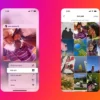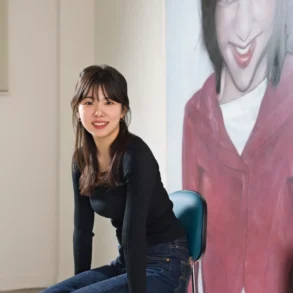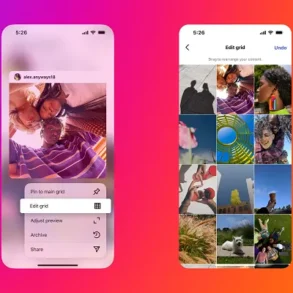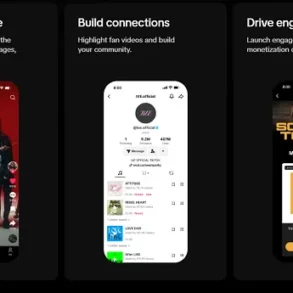Cara, an app that offers an alternative to Instagram and is explicitly against AI art, has rapidly become one of the most popular in the world.
It aims to offer a similar platform to Instagram, but focused on artists. Users can sign up, upload their images and see those from others, and engage with them.
But, unlike Instagram, the site specifically “filters out generative AI images so that people who want to find authentic creatives and artwork can do so easily”. While Instagram does require AI content to be labelled, it is still permitted and promoted on the app, and parent company Meta is developing its own artificial intelligence tools.
“We do not agree with generative AI tools in their current unethical form, and we won’t host AI-generated portfolios unless the rampant ethical and data privacy issues around datasets are resolved via regulation,” Cara’s website reads. It said that it would always label AI-generated content, even if legislation meant that artists were protected.
Cara’s popularity also comes amid an increasing concern about the state of Instagram more generally.
In 2022, for instance, many of the site’s most popular users endorsed a petition that accused the site of copying TikTok, and of pushing too much video. Kylie Jenner called on the company to “make Instagram Instagram again” in a widely shared post at the time.
The growth of Cara appears to be at least partly a response to those concerns about Instagram and Meta’s plans for the future of the service, as well as their focus on artificial intelligence. Others have cited changes to the feed that mean that reels and other posts are more likely to show than the pictures with which Instagram was once synonymous.
Unlike Instagram, Cara is not focused primarily on social networking but rather showing and sharing visual art. As such, it has so far been particularly supported by digital artists and tattooers, many of whom have used Instagram posts to encourage others to join the app.
One tattoo artist, Ant The Elder, told The Independent that there was a “general dissatisfaction” with existing platforms and their lack of engagement. They estimated that perhaps 1 per cent of those who followed them see each post, and also noted that tattoo artists struggle because images that include people’s bodies can sometimes be censored under Instagram’s rules.
“I feel that each new app that gets a bit of traction is only a hope for how things used to be, and a possibility to get actual engagement again,” they said.
For whatever reason, hundreds of thousands of people have now joined up to Cara, pushing it towards the top of App Store charts.
That increased interest led to a “very high traffic load” that meant “some users have had trouble accessing the platform or signing up these last couple days”, Cara posted on its site. It said that it had also been hit by cyber attacks but that it had been working to resolve them.
“Our small team has been working around the clock to fix the issue, but if you have been having a hard time signing up or accessing the platform, this is why,” wrote Jingna Zhang, a photographer who founded Cara, on X. “We still have a long way to go, so thank you for joining us despite the hiccups and potential issues along the way. Thank you for your patience and support.”
This post was originally published on this site be sure to check out more of their content







